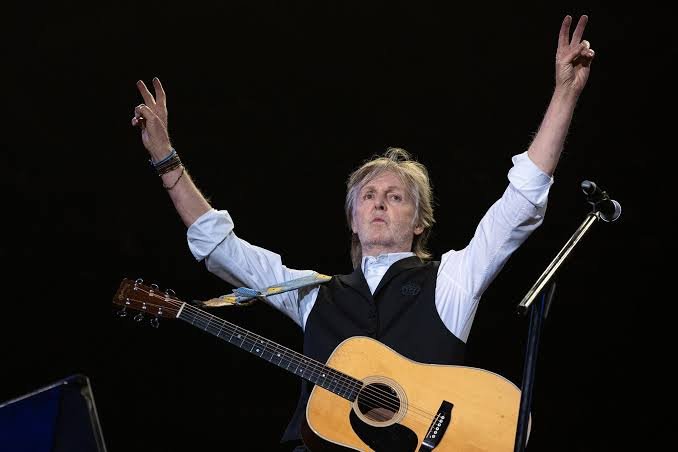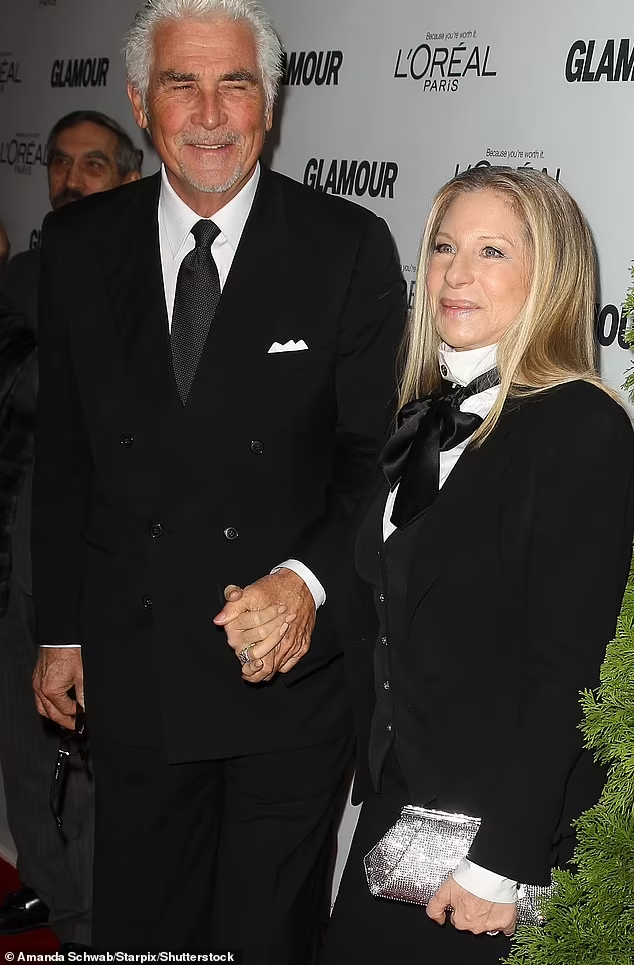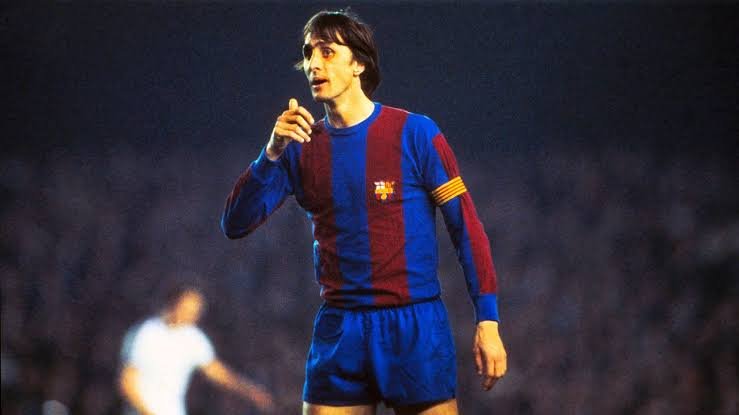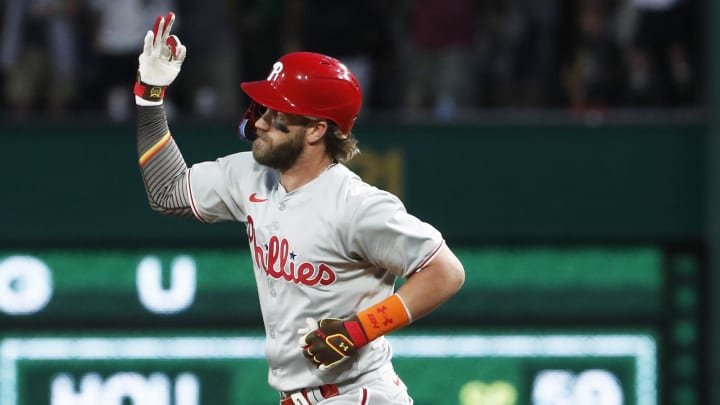
Paul McCartney Thinks Concerts Are Too Long, and It’s All Bruce Springsteen’s Fault
Legendary musician Paul McCartney recently expressed his thoughts on the length of modern concerts, pointing to fellow rock icon Bruce Springsteen as the catalyst for this trend. In an interview with Rolling Stone, McCartney shared his belief that the increasing duration of live performances is becoming excessive and hinted that Springsteen’s marathon shows might be influencing this shift.
McCartney, who has been a fixture in the music industry for over six decades, has seen concert styles evolve significantly. The former Beatles member reminisced about the days when performances were concise and focused, contrasting sharply with the sprawling setlists of today. “Back in the day, you played for an hour and a bit, and that was it. The audience went home satisfied,” McCartney remarked. “Now, it feels like we’re pushing the limits of endurance.”
Springsteen, known as “The Boss,” has become famous for his lengthy concerts, often surpassing the three-hour mark. His commitment to delivering an extensive and immersive experience for fans has set a new standard in the industry. However, McCartney believes this has led to unrealistic expectations for other artists. “Bruce is fantastic, and what he does is incredible. But not everyone can or should be doing three-plus hour shows,” McCartney said. “It’s setting a bar that’s hard to reach and maintain.”
The 82-year-old McCartney, who still performs regularly, acknowledged the pressure to meet fan expectations but cautioned against overextending oneself. “There’s something to be said for leaving the audience wanting more,” he explained. “A great performance doesn’t have to be a marathon. It’s about the quality of the time you spend on stage, not just the quantity.”
McCartney’s comments have sparked a debate among musicians and fans alike. Some agree that the trend towards longer concerts can detract from the overall experience. “It can become overwhelming,” said one concertgoer. “After a certain point, it’s hard to stay fully engaged, no matter how much you love the artist.”
Others, however, appreciate the extended performances, viewing them as a testament to the artist’s dedication. “I think it’s amazing when artists like Springsteen give us so much time,” said another fan. “It’s a rare opportunity to see them live, so why not make the most of it?”
Springsteen, who has often spoken about his love for performing and connecting with his audience, has yet to respond to McCartney’s comments. His shows, known for their high energy and extensive setlists, have become a hallmark of his career. For many fans, these epic performances are a significant part of the appeal.
Despite his reservations about concert length, McCartney emphasized his respect for Springsteen and his contributions to music. “Bruce is a powerhouse, and what he’s done for rock and roll is unparalleled,” McCartney stated. “But I think there’s room for a variety of approaches when it comes to live music.”
As the music industry continues to evolve, McCartney’s perspective offers a reminder of the balance between tradition and innovation. While the allure of extended concerts remains strong, the core of a memorable performance, according to McCartney, lies in its ability to connect with the audience, regardless of its duration. “At the end of the day, it’s about the music and the connection you create. That’s what truly matters.”


